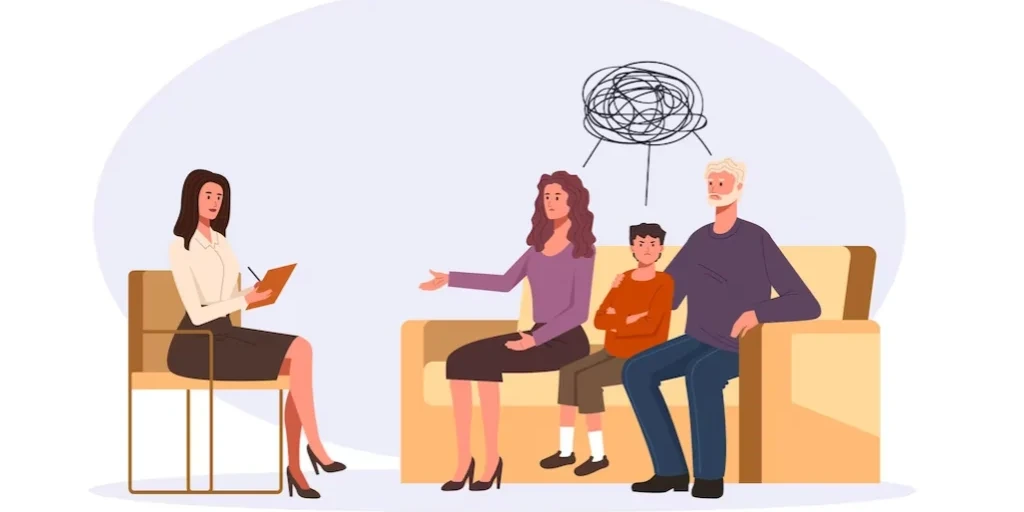24/7 Helpline:
(866) 899-221924/7 Helpline:
(866) 899-2219
Learn more about Dialectical Behavior Therapy centers in Tonkawa
Dialectical Behavior Therapy in Other Cities

Other Insurance Options

Evernorth

MHNNet Behavioral Health

UMR

United Health Care

Ambetter

Aetna

Holman Group

Coventry Health Care

GEHA

Kaiser Permanente

Molina Healthcare

Meritain

ComPsych

American Behavioral

Lucent

UnitedHealth Group

Absolute Total Care

Oxford

BlueShield

Excellus

Tonkawa Tribe – Substance Abuse Program
Indian Alcohol and Substance Abuse Tonkawa Tribe of Oklahoma offers outpatient services for people s...


Alpha II
Alpha II is a private rehab located in Tonkawa, Oklahoma. Alpha II specializes in the treatment of a...




Edwin Fair Community Mental Health Center – Kay County
Edwin Fair Community Mental Health Center – Kay County is a private rehab located in Ponca City, Okl...

Bridgeway
Bridgeway is located in Ponca City, Oklahoma. Bridgeway provides substance abuse treatment.

Ponca City Rightway Medical
Ponca City Rightway Medical is a private rehab located in Ponca City, Oklahoma. Ponca City Rightway ...
































































